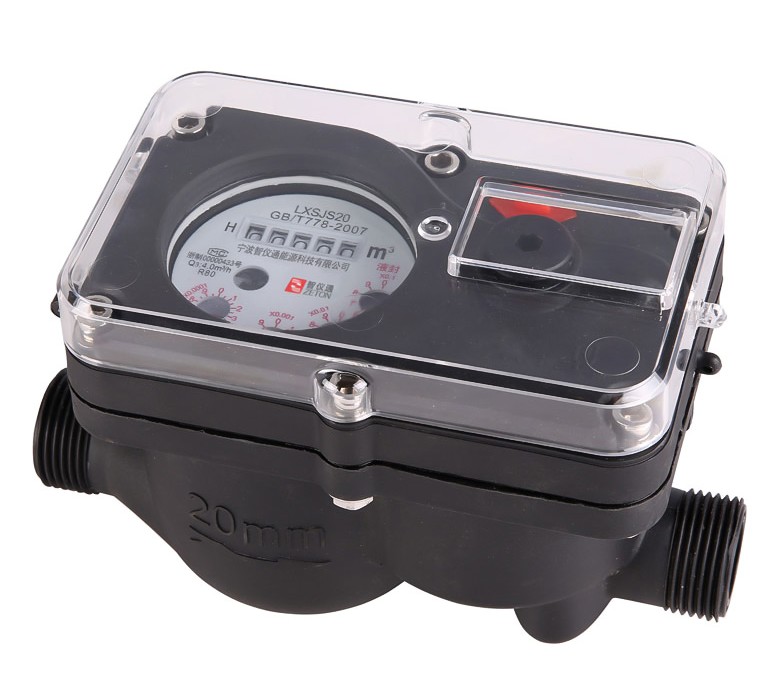ADD: No. 18, Weisan Road, Rongyu Village, Xinpu Town,Cixi City,China.
MOBILE: +86 135 6606 0510 (WhatsApp & Wechat )
TEL: +86 (0)574 6358 5625
FAX: +86 (0)574 6357 7818
MAIL: [email protected]
[email protected]
Irrigation water metering plays a crucial role in enhan […]
Irrigation water metering plays a crucial role in enhancing efficiency and conservation in agricultural water management. It provides valuable information and data that enables farmers, water managers, and policymakers to make informed decisions regarding water usage. Here are several reasons why irrigation water metering is important:
Accurate Measurement: Water meters accurately measure the amount of water used for irrigation. This information helps farmers understand their water consumption patterns and make informed decisions about water allocation. It enables them to determine the precise amount of water required for their crops, preventing overwatering or under-watering, which can lead to reduced crop yields or water wastage.
Efficient Water Allocation: Irrigation water metering allows for the efficient allocation of water resources. By accurately measuring the water used, farmers can identify areas with excessive water use or leaks, enabling them to take corrective actions. This helps in optimizing water distribution, reducing water losses, and ensuring that water reaches crops effectively.
Conservation of Water Resources: Water scarcity is a significant global concern, and agriculture is one of the largest consumers of freshwater. Irrigation water metering encourages the conservation of water resources by providing real-time data on water usage. Farmers can monitor their water consumption and implement water-saving practices such as drip irrigation, precision irrigation, or scheduling irrigation based on plant needs. This helps reduce water wastage, preserve water supplies, and protect ecosystems dependent on the same water sources.
Cost Savings: Metering irrigation water can lead to cost savings for farmers. By accurately measuring water usage, farmers can identify areas where water is being wasted and take appropriate measures to address the issue. This reduces the amount of water pumped or supplied, resulting in reduced energy costs associated with pumping and treatment. Moreover, improved water management practices can lead to higher crop yields and reduced expenses for fertilizers and other inputs.
Effective Water Management Policies: Water metering data provides valuable information for policymakers and water managers. It helps them understand the water consumption patterns and demands in agricultural areas, enabling them to develop effective water management strategies and policies. This data assists in planning water allocation, determining water pricing structures, implementing water conservation programs, and promoting sustainable water management practices.
